Do you know how many times I hear, “Well, my buddy’s house sold for X amount and my house is about the same size.” Or, “Wow, you should see the Zillow estimate for my house!” And, “In this market, I bet I can get X amount!”
I’m not saying if a house sells down the street in the same development that it wouldn’t be a similar value to yours. Or that sometimes Zillow estimates aren’t on point. Or that you might have a good sense of what your home would sell for.
The thing is, your friend’s home could be in a different area or have different features. Zillow uses a computer algorithm with no human interaction and cannot adjust value for condition or special circumstances (such as a short sale). And most home sellers, don’t get offended, have a rosy opinion of their home because it holds so many memories.
To get the most accurate market value of your home, I use a Comparative Market Analysis, or CMA, often called a home valuation. First, I look up comparable homes to yours that have sold in the last 3-6 months. You may have heard the term “comps”. This refers to the comparable properties. There are SO MANY factors I consider when choosing which homes are comparable to yours and appropriate to use in the CMA.
- Location. In our area, I often use school district for the location because a lot of our homes are outside of town limits. An exception for this would be if a home is located inside “the boro” (for example Lititz boro).
- Square feet. Typically I check for homes that are +/- 200 square feet of your home’s size. So if your home is 2400 square feet, the range would be 2200-2600 square feet.
- Number of bedrooms and bathrooms. I look for homes with the same or very similar number of bedrooms and bathrooms.
- Style. If a home is a split level, tradition two-story, or ranch, it must be compared to similar style homes. A colonial home cannot be compared to a bungalow and so on.
- Age. This is a very important factor to consider. A newer construction home is not comparable to a home built in 1920. (Now, this can be thrown off if an older home has been renovated inside and out.)
- Attached or detached. Does the home stand alone? Is the home an end unit townhouse, an interior unit, a semi detached?
- Property size and outdoor space. As you know, land carries value. If a home is on a large lot this will add value.
- Condition. One of the factors that can really influence the saleability of a home is its condition, and this in turn affects market value. A completely move-in ready home will sell for much more than a home that needs renovation.
- Extras. Parking spaces, garage spaces, hilly or level, view or no view, flood zone, layout of rooms, pool, and community amenities all influence how appealing a home will be to a buyer.
You can see how many factors are considered in determining market value for selling a home! After all this data collection, I set a range for the market value. Then, with the home seller, I review the CMA and all the factors. We look at how desirable the area is and any special features of, or problems with the home. From there we decide where in the range the list price should be set.
Now, in this record-setting home seller’s market, we are seeing homes sell for over market value. With the limited inventory, home buyers are often willing to pay more for a home than it’s worth (ask me how). So, in the end, there are two questions:
“What is my home really worth?” – actual market value.
“What will my home sell for?” – what a buyer would pay for it.
If you have any questions or would like a CMA for your home, please contact me and I will be happy to provide one for you!
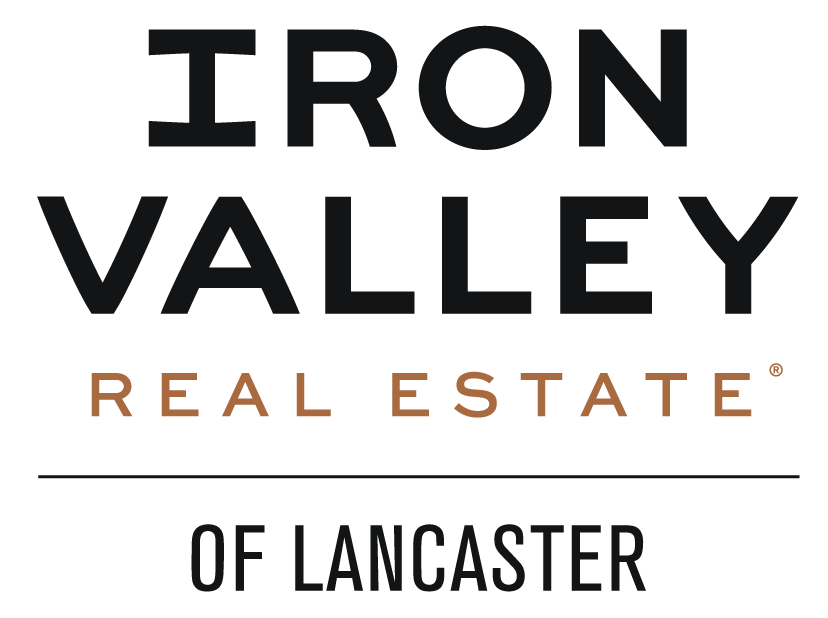
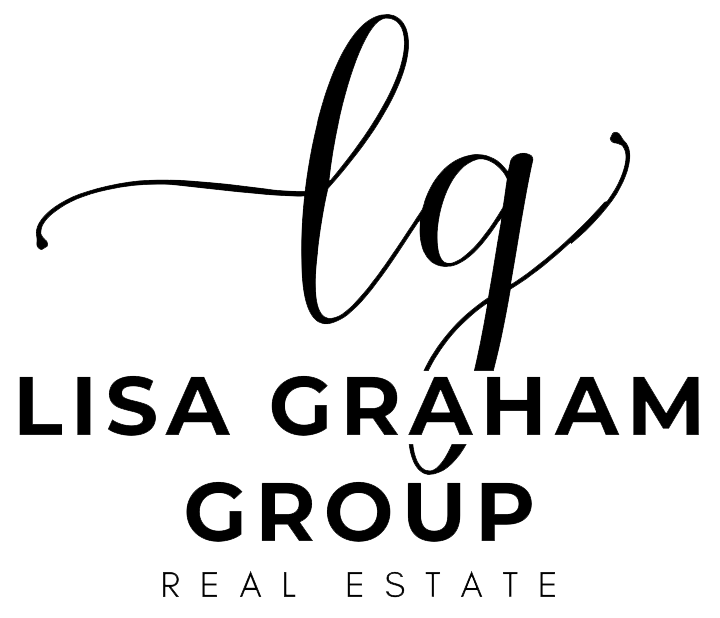


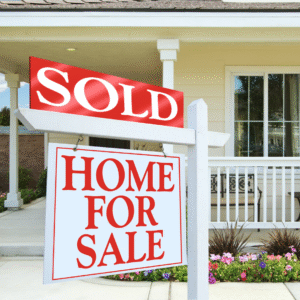

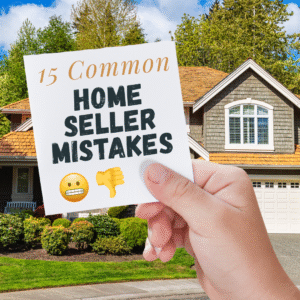
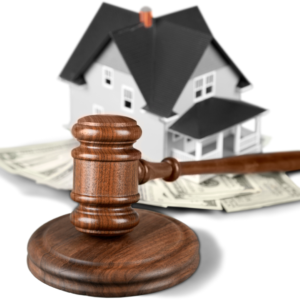
 By Launch Kits
By Launch Kits